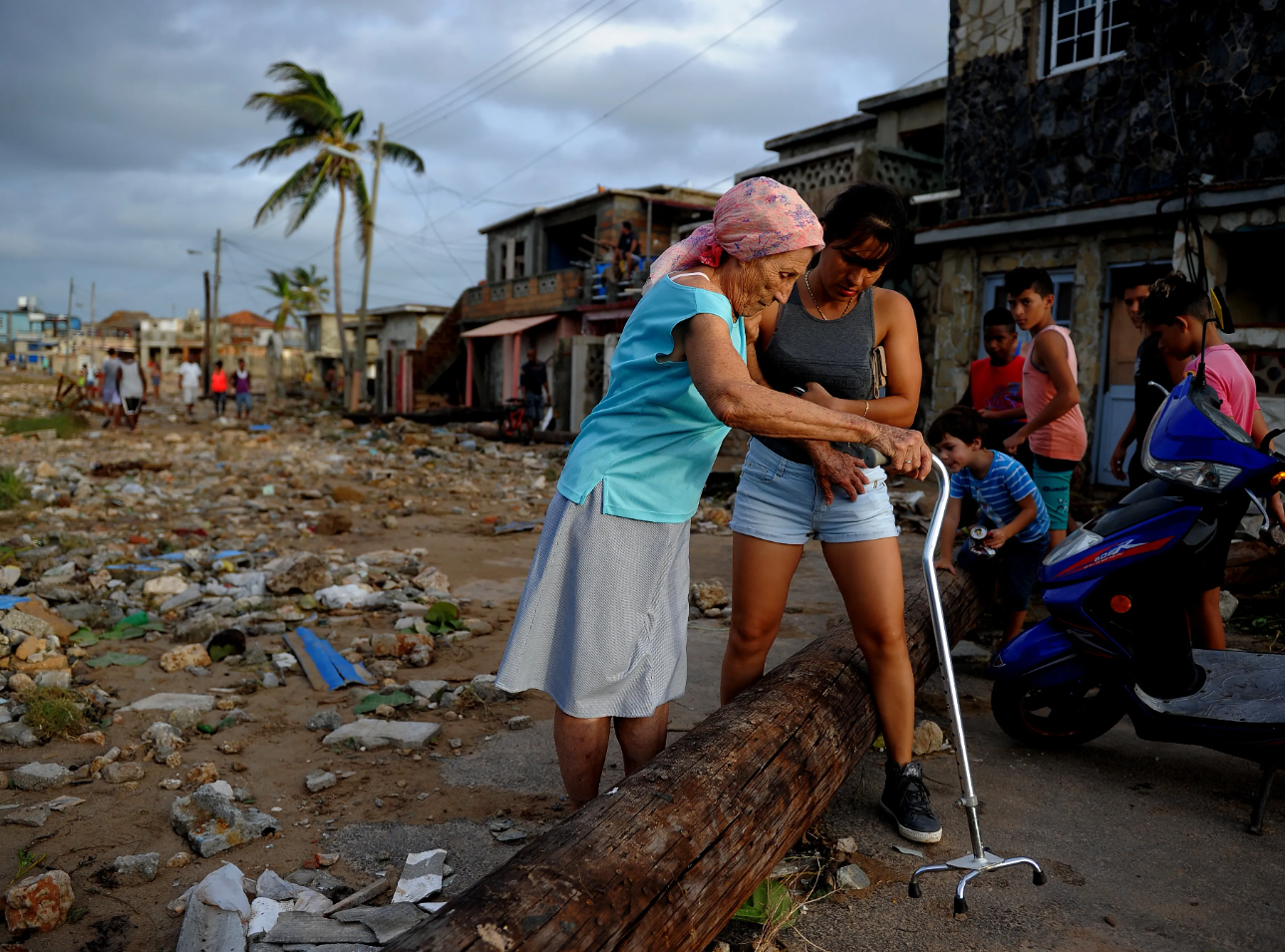
Source Responsible Statecraft
WASHINGTON, U.S.--Before Hurricane Ian inflicted destruction on Florida’s west coast, it ravaged the western provinces of Cuba, knocking out power to the entire island and demolishing the heart of the tobacco industry, one of Cuba’s major exporters.
On both sides of the Florida Strait, people are salvaging what they can from the rubble of their homes, crews are working to restore power, and volunteers are on scene handing out food and clothing to those who lost everything.
Natural disasters elicit humanitarian empathy by reminding us that we are all vulnerable in the face of Mother Nature’s fury. They bring out the best in people, rallying together to help one another, putting aside their myriad differences in favor of their common humanity. Hurricane Ian offers the Biden administration an opportunity to extend that humanitarian impulse to his diplomacy by offering disaster assistance to Cuba.
Such an offer of aid would not be unprecedented. President George W. Bush, no friend of Cuba, nevertheless offered Havana help on several occasions in the wake of destructive tropical storms. In November 2001, Cuba was hit by Hurricane Michelle, a Category Four storm that did $2.8 billion in damage. Washington offered humanitarian aid channeled through non-governmental organizations.
The Bush administration again offered assistance after Hurricane Charley in 2004 and Hurricane Wilma in 2005. Havana declined because Washington insisted that the funds be channeled not through the Cuban government but through non-governmental groups.
But Cuban officials could not bring themselves to accept U.S. help. In one of his “reflections” a convalescing Fidel Castro wrote, “Our country cannot accept a donation from the government that blockades us.”
Would Cuba’s leaders be more open to accepting U.S. assistance today? There are reasons to think they would, both because the need is so dire and because Havana signaled its openness to accepting help during the recent fire at the Matanzas oil depot.
Hurricane Ian is just the latest in a series of body blows that have left the Cuban economy prostrate and Cuban people suffering the worst hardship since the decade-long depression following the collapse of the Soviet Union in the 1990s.
This year, Cuba’s decrepit electrical grid, plagued by poor maintenance and obsolete equipment, has been operating at just 50 percent of capacity, causing rolling blackouts since April. In August, lightning started a fire at Cuba’s Matanzas oil base, the island’s largest oil storage facility and depot for receiving oil imports.
When Cuba put out a request for international assistance to battle the fire, the initial U.S. response was positive. On August 6 and 8, the U.S. Embassy put out public statements offering condolences to the victims, reminding U.S. organizations that they could legally provide Cuba humanitarian aid, and offering U.S. technical assistance.
Unfortunately, things went downhill from there. The Biden administration decided it was too politically risky to offer material assistance. The United States ended up standing on the sidelines while Mexico and Venezuela helped Cuba extinguish the fire. Recriminations followed. Havana complained that after offering help, Washington had provided nothing.
Hurricane Ian offers Biden a second chance to improve relations by offering humanitarian disaster assistance to help repair Ian’s damage — if he has the political will to do it. His political advisers will counsel against it on the eve of the mid-term elections.








0 Comments
LEAVE A REPLY
Your email address will not be published